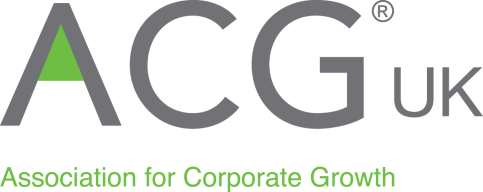
Private equity-backed firms will be able to access the U.K. government’s emergency loan scheme and borrow up to £50m in state-guaranteed debt.

U.K. Chancellor of the Exchequer Rishi Sunak widened one of the government’s coronavirus business aid programs on Thursday to cover all companies with revenue of more than £50m and clarified that firms owned by private equity groups are also eligible.
There had been confusion over whether such businesses were eligible for state support after some PE-backed applicants said they had been turned down or faced additional hurdles. This prompted some financial sponsors and private credit funds, who usually lend to the firms, to lobby the government to clarify the rules and broaden the scope of the lending program.
Banks Baulk
Under the government’s Coronavirus Large Business Interruption Loan Scheme, 6,016 loans worth 1.1 billion pounds had been approved by April 15, out of 28,640 formal applications, according to U.K. Finance, the industry group for banking and finance.
Kate Nicholls, chief executive office of UKHospitality, an industry body for hospitality and leisure sectors, said that some banks had baulked at lending to firms backed by private equity or with additional funding sources available.
Among hurdles raised by banks, according to Nicholls, were requirements PE-backed applicants aggregate their firms’ revenues at a fund level when deciding what loan program they were eligible for. This meant some companies missed out on loans designed for businesses of their size.
Lenders were concerned about breaching European Union state aid rules on how much they could lend to a firm that was part of a bigger group, Nicholls said. They also turned down private equity-backed applicants if accumulated brought-forward losses were greater than 50% of share capital.
“It just seems that the rules are drafted for normal life when you would want to take a very strict interpretation of liability and credit worthiness,” said Nicholls, who spoke to Bloomberg before Thursday’s rule change was announced. “That doesn’t necessarily work in the current scenario in which these businesses find themselves.”
Source: Bloomberg

Register by January 14 to lock in the lowest rate and join 3,200+ dealmakers in Las Vegas on April 27-29, 2026.
